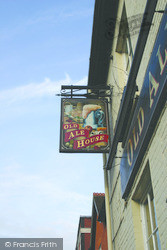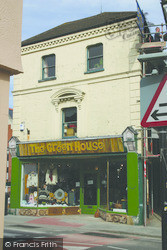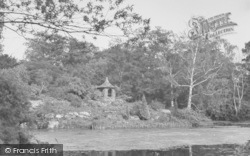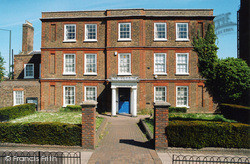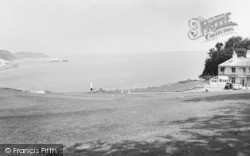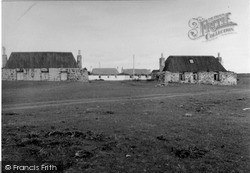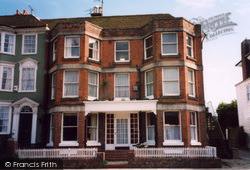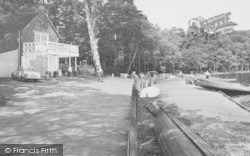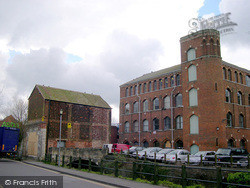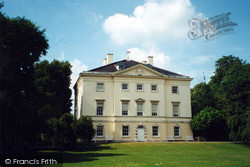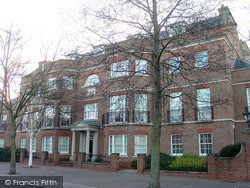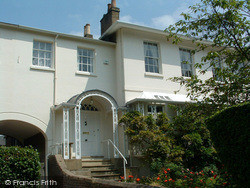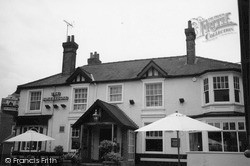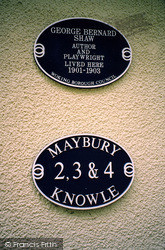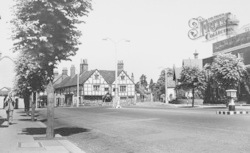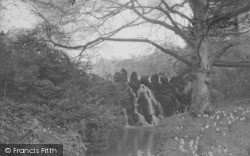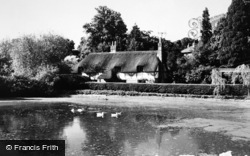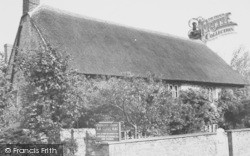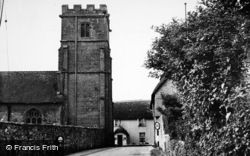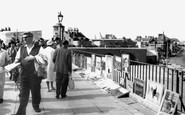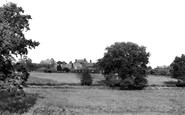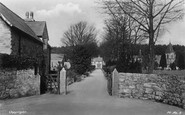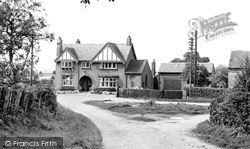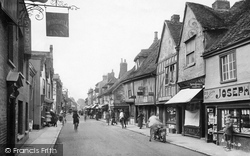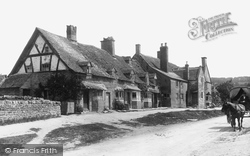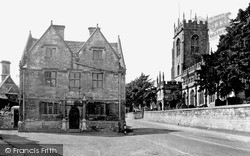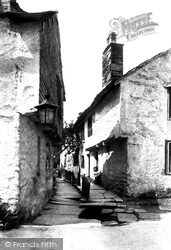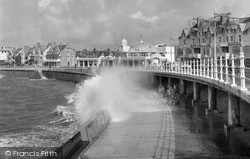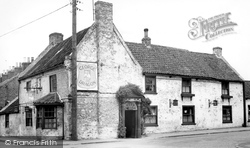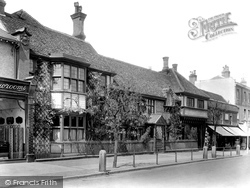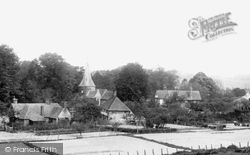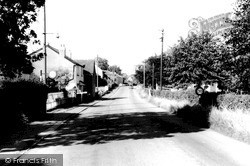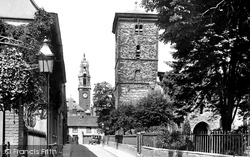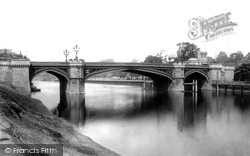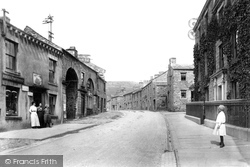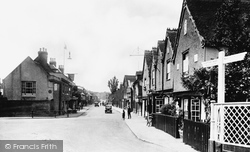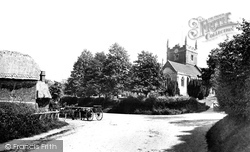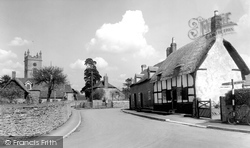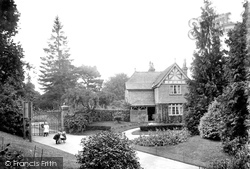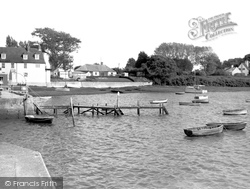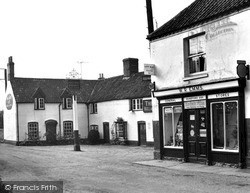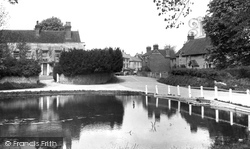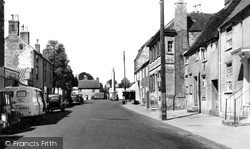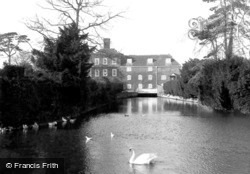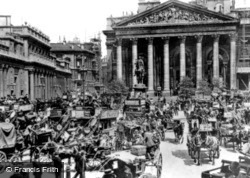Places
36 places found.
Those places high-lighted have photos. All locations may have maps, books and memories.
- Chatsworth House, Derbyshire
- Osborne House, Isle of Wight
- Brambletye House, Sussex
- Ickworth House, Suffolk
- Kingston Lacy House, Dorset
- Boscobel House, Shropshire
- Preshute House, Wiltshire
- Bolton Houses, Lancashire
- Brick Houses, Yorkshire
- Quaking Houses, Durham
- Water Houses, Yorkshire
- Bottom House, Staffordshire
- New House, Kent
- Mite Houses, Cumbria
- Lyneham House, Devon
- Church Houses, Yorkshire
- Dye House, Northumberland
- Spittal Houses, Yorkshire
- Street Houses, Yorkshire
- Tow House, Northumberland
- Halfway House, Shropshire
- Halfway Houses, Kent
- High Houses, Essex
- Flush House, Yorkshire
- White House, Suffolk
- Wood House, Lancashire
- Bank Houses, Lancashire
- Lower House, Cheshire
- Marsh Houses, Lancashire
- Chapel House, Lancashire
- Close House, Durham
- Guard House, Yorkshire
- Hundle Houses, Lincolnshire
- Hundred House, Powys
- Thorley Houses, Hertfordshire
- School House, Dorset
Photos
7,776 photos found. Showing results 2,341 to 2,360.
Maps
370 maps found.
Books
1 books found. Showing results 2,809 to 1.
Memories
10,360 memories found. Showing results 1,171 to 1,180.
Elmore Court The Bronets Of Guise
Elmore Court is a beautiful manor and ancient house with many acres of property which belonged to the Baronets of Elmore, the Guise family, since the 13th century. My great-great-grandfather, Martin George Guise, ...Read more
A memory of Elmore by
Childhood Memories
I was born in Hereford County Hospital in 1945 and together with my twin sister was bought back to Broad View, Llangrove where I lived with my Mum and Dad and older brother from 1945 until I got married in 1965. My Dad had ...Read more
A memory of Llangrove in 1950 by
Cranford Shops 1980s 2010
Starting from Tesco Express: This used to be a block of about 2 or 3 shops which included a building society and a travel agent. Next to this was Barclays Bank which closed down in the late 1980s/early 1990s. It remained ...Read more
A memory of Cranford
Nannas House
I remember going to my nana's house in Roddymoor, it was only a bungalow but I was so small I thought it was massive, haha. I remember jumping the little ditch near her house. I remember taking pictures of the horses.
A memory of Roddymoor by
My Childhood In Knatts Valley
I was born in Knatts Valley, in a bungalow belonging to George and Elsie Lines of Lynwood, friends of my mother and father. George became my Godfather, and one of my names is also George. I was supposed to have been ...Read more
A memory of Otford in 1940 by
Reminiscences Of Portsmouth In The Late 1930s
I was born in Portsmouth in 1933. My family and I lived first in Lyndhurst Road - about which I don't recall too much - then later in Merrivale Road. I remember very clearly where Merrivale joined ...Read more
A memory of Portsmouth by
Some Childhood Years In Sorbie 1932 T0 1937
The family moved from Reay in Caithness to Sorbie in 1932 - I was 2 years old and had a sister who was 12 years old and a brother, 10 years old, so there was a huge difference in ages and I was brought up ...Read more
A memory of Sorbie in 1930 by
Bad Memories
I was in the Sanatorium, the children's section, aged seven in 1949 suffering from TB, my mother was sent there the following year and stayed in the woman's section, also with TB, and unfortunately she died there after just a ...Read more
A memory of Chandler's Ford in 1949 by
Bestwood Lodge
After browsing this site in search of any information or memories about Bestwood Lodge. Nothing comes up other than Bestwood Village. So I thought I would add my own. So here goes...........Is there anyone out there who ...Read more
A memory of Bestwood Village
1946 1951 Age 2 Years To 7 Years
I was in St Claire's Orphanage with my two sisters after my father died in 1945. The Rev Mother Sister Phillomina had been a childhood friend of my mother's. This fact did not give us any added privileges. I ...Read more
A memory of Pantasaph in 1948 by
Your search returned a large number of results. Please try to refine your search further.
Captions
6,977 captions found. Showing results 2,809 to 2,832.
In the 19th century the Bank House brewed its own beer: the wall and steps of the malt kiln and the cellar can be seen on the right.
The cluster of half-timbered houses dated from the late 15th century. Known as The Friars, they marked the position of the Dominican priory's gatehouse.
A number of the old houses here were originally inns, for Broadway lay on the London to Worcester coaching route.
The Jacobean House in Queen Square is constructed of the same beautifully coloured stone as many of its simpler neighbours.
The overhanging first-floor jetties of the whitewashed houses add to the medieval charm of the village, which is a favourite of the many visitors to the Lake District.
rough seas breaking over the Lower Promenade, with a fine view along the Promenade: from the right we can see the Esplanade Hotel, the Grand Pavilion, the Westward Ho Hotel, and private houses
This quaint public house was probably built on the site of a coaching inn. The present building was constructed in the late 17th century, and it underwent remodelling in the 19th century.
Though altered over the years, parts of this old house dated from the 1400s. Though not ideal, its replacement is at least in keeping with the character of Bancroft.
The lane is narrow and has its attractive, individually designed houses which appealed so much to William Cobbett and, indeed, to others who see them today.
The Tudor-style houses in the village are, however, imitations constructed around the middle of the 19th century.
Since this picture was taken, the 'village' has undergone further housing developments which mean that it has become a suburb of Abergavenny.
The lamp on the left lights the alley to Tymperleys, a superb late 15th-century timber-framed house, now a clock museum.
It was the toll house, and until 1914 it cost a halfpenny to cross. Opposite, in St George's Field, was the ducking stool used for scoundrels and females who served false measures or brewed bad beer.
Many of the buildings along the main street are imposing, three-storey houses, dating from the period when the town was a centre for lead-mining, cotton and worsted manufacture.
the long, staid High Street of this small village on the banks of the river Lea viewed from the opposite direction from photograph No 81859, with the Pied Bull over on the left, and the bow-fronted houses
The village has long been famous for Basing House, a ruined building reduced to rubble by Cromwell and his army during the Civil War.
This photograph demonstrates very clearly the relationship between church and manor house in earlier times.
Children's wear apart, this view is unchanged save the removal of the trellis to the left-hand front of the house. Needless to say, the trees have also grown a little.
While sitting in the garden of the very popular Rose and Crown public house, visitors can still enjoy this view of the ancient estuary today.
This is a large village with a number of neat houses. It is close to the River Wissey and the main road to London.
Edward Gibbon, who wrote The Decline and Fall of the Roman Empire, lived at the Manor House as a child.
The house on the right with the double flight of moulded steps, known as The Cedars, is late 18th- century.
This was a large mill on the River Nadder just upstream from the confluence with the Avon.The Millers House seen here is all that remains of a much larger building; it is now almost invisible from
The photographer is standing on the Mansion House balcony looking directly at the Royal Exchange. Proclamations announcing a new monarch or a dissolution of Parliament are read from the steps.
Places (80)
Photos (7776)
Memories (10360)
Books (1)
Maps (370)


